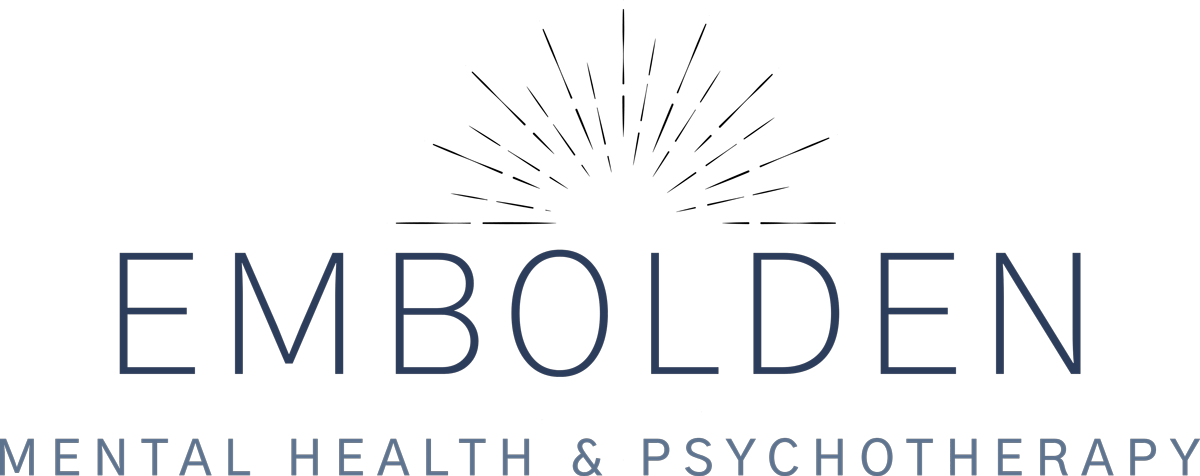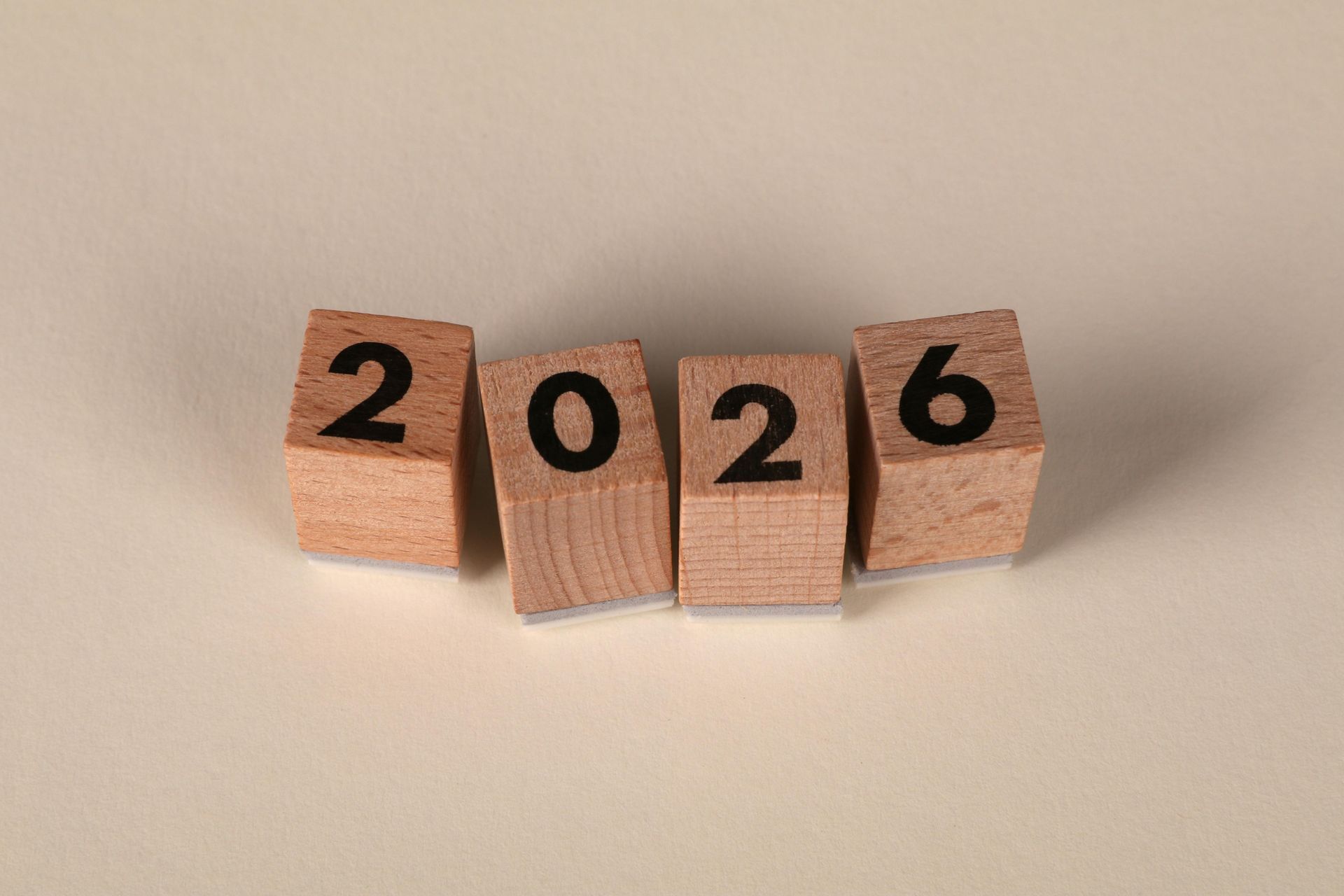EMDR Therapy: Rewriting the Story of Your Trauma
Does this sound familiar? Every time you drive past that old neighbourhood, your stomach twists into knots, and you're suddenly overwhelmed with anxiety. Or maybe, as soon as the sun sets, your mind races back to a night you wish you could forget.
If so, you're not alone, and there's hope.
A growing number of people are finding relief through EMDR therapy. You might have heard about it in passing and wondered how it works or if it could help you.
Let's walk through what EMDR therapy is, how it functions, and how you can decide if it might be right for you.
What is EMDR Therapy?
EMDR, or Eye Movement Desensitization and Reprocessing, might sound technical, but the core idea is simple. It's a form of psychotherapy designed to help people work through traumatic experiences or intense emotional distress.
It first gained attention for its effectiveness in treating post-traumatic stress disorder (PTSD), however, EMDR is also helpful for conditions like anxiety, depression, and phobias.
What sets EMDR apart is that it doesn't require you to talk endlessly about the painful memory itself. Instead, it focuses on how your brain processes that memory, helping you reframe it so it no longer carries the same emotional weight.
To put it simply, EMDR allows your brain to heal from the emotional wounds that trauma or stress has left behind.
How Does EMDR Work?
EMDR involves something called bilateral stimulation, which includes eye movements, tapping, or sounds. These actions stimulate both sides of your brain, playing a critical role in reprocessing traumatic memories.
Imagine your brain as a natural healer, like how your body heals a cut. Sometimes, traumatic experiences get "stuck," and they don't get processed properly. EMDR helps get those memories "unstuck" so your brain can reprocess them, reducing their distressing nature.
During an EMDR session, you'll focus on a specific memory while following your therapist's instructions to move your eyes or pay attention to certain sounds or sensations. Over time, this process helps reduce the emotional weight associated with the memory, much like how your brain processes information during deep REM sleep.
How to Know If EMDR is Right for You:
You might be wondering, "Is EMDR right for me?".
EMDR can be helpful for anyone dealing with unresolved trauma or significant emotional distress. While it's known for treating PTSD, it can also benefit those with:
- Moral injury
- Anxiety and panic disorders
- Depression
- Phobias and fears
- Unresolved grief
- Negative self-beliefs (like "I'm not good enough" or "I'm a failure")
Most importantly, you don't have to have experienced a major, life-threatening trauma to benefit from EMDR. It's equally effective for everyday, smaller traumas, like being overlooked for a promotion at work, which can still impact your self-esteem and motivation in significant ways.
If you're carrying emotional baggage, constantly reliving difficult memories, or feeling stuck, EMDR might be a great fit for you.
The EMDR Process: What to Expect
EMDR therapy follows a structured approach with eight clear phases. Let’s break it down step by step, so you know exactly what to expect:
- History Taking and Treatment Planning: This first step is all about getting to know your story. You and your therapist will talk about your background, what led you to therapy, and work together to create a treatment plan. You'll decide which memories or events to concentrate on and build a strong, trusting relationship along the way.
- Preparation: Here, your therapist will explain how EMDR works, set expectations, and address any concerns. You'll also learn some coping techniques to manage any emotions that come up during the process. This phase is crucial for making sure you feel safe and ready to move forward.
- Assessment: In this phase, you’ll identify the specific memory or event you want to work on, along with the emotions, beliefs, and sensations tied to it. Your therapist will also measure how distressing the memory feels to you at the start, which helps track progress as you move through therapy.
- Desensitization: Now, the actual EMDR process begins. Using bilateral stimulation, you’ll focus on the painful memory while your brain reprocesses it. It's important to note: new thoughts, emotions, or feelings may arise during this phase.
- Installation: Once the anguish around the memory has lessened, you’ll replace it with a positive belief. This phase strengthens your ability to see the event from a healthier perspective, reinforcing a more positive outlook.
- Body Scan: Next, you’ll mentally revisit the memory and the new positive belief while scanning your body for any lingering physical tension or discomfort. If any remains, your therapist will help you work through it.
- Closure: Each session ends with making sure you leave feeling calm and grounded, regardless of whether or not you’ve fully processed the memory. The therapist will guide you back to the present moment, helping you regain a sense of control and safety.
- Reevaluation: When you start your next session, you’ll check in on how the memory feels after reprocessing. If the distress has stayed low and the positive belief feels strong, you’ll move on to new goals for continued healing.
This step-by-step process helps ensure that you feel safe, supported, and empowered throughout your EMDR journey.
What to Expect from EMDR Therapy at Embolden Mental Health & Psychotherapy
At Embolden Mental Health & Psychotherapy in Ontario, we offer EMDR therapy in a warm, supportive, and judgment-free environment. Our trained therapists will guide you through the process step by step. We know starting therapy can feel intimidating, especially when revisiting difficult memories, but we'll be there to support you throughout your healing journey.
Your experience will be unique to your needs, making sure you feel safe and comfortable every step of the way. Whether you've experienced devastating trauma or simply feel trapped emotionally, we're here to help you heal.
Ready to Take the Next Step? Book a Free EMDR Consultation Today!
If you're ready to explore whether EMDR is right for you, we encourage you to book a free 20-minute consultation with one of our therapists. This no-pressure opportunity allows you to ask questions, discuss your needs, and see if EMDR could unlock your path to healing.
Taking the first step toward healing can feel unnerving, but with the right support, it can also be empowering. At Embolden, we're here to help you heal, grow, and thrive.
SHARE THIS POST:
OUR RECENT POSTS:
Reclaim Your Peace of Mind
Book your free consultation now and discover the support you deserve.







